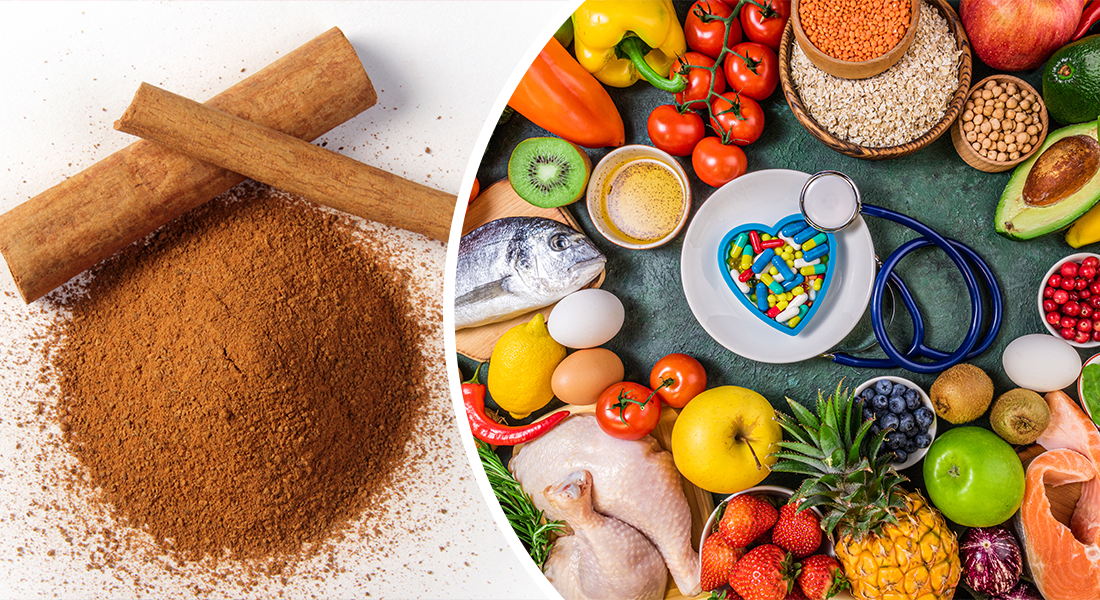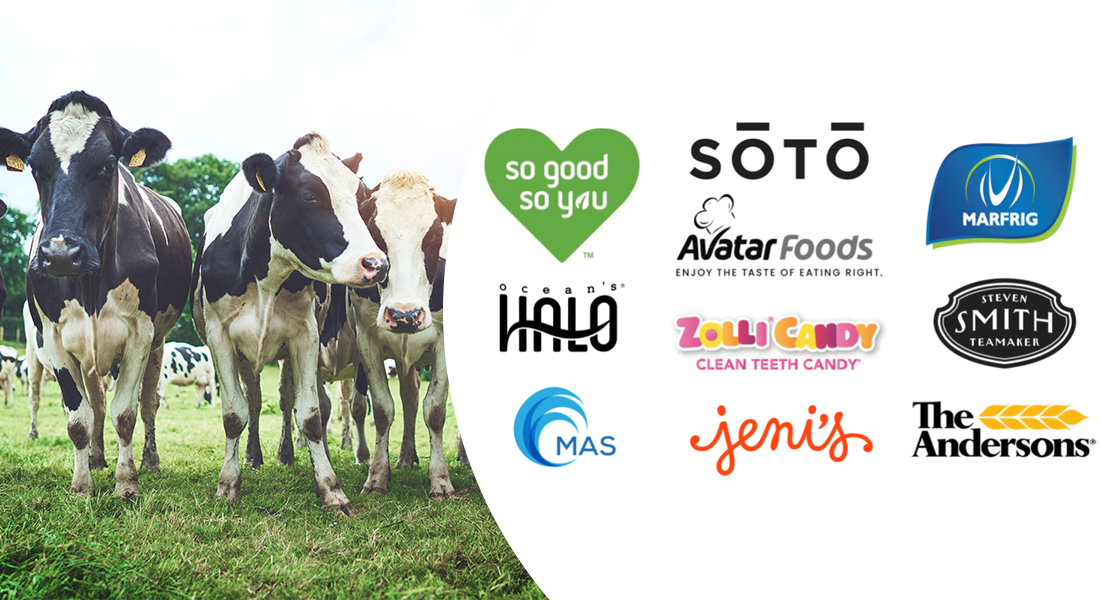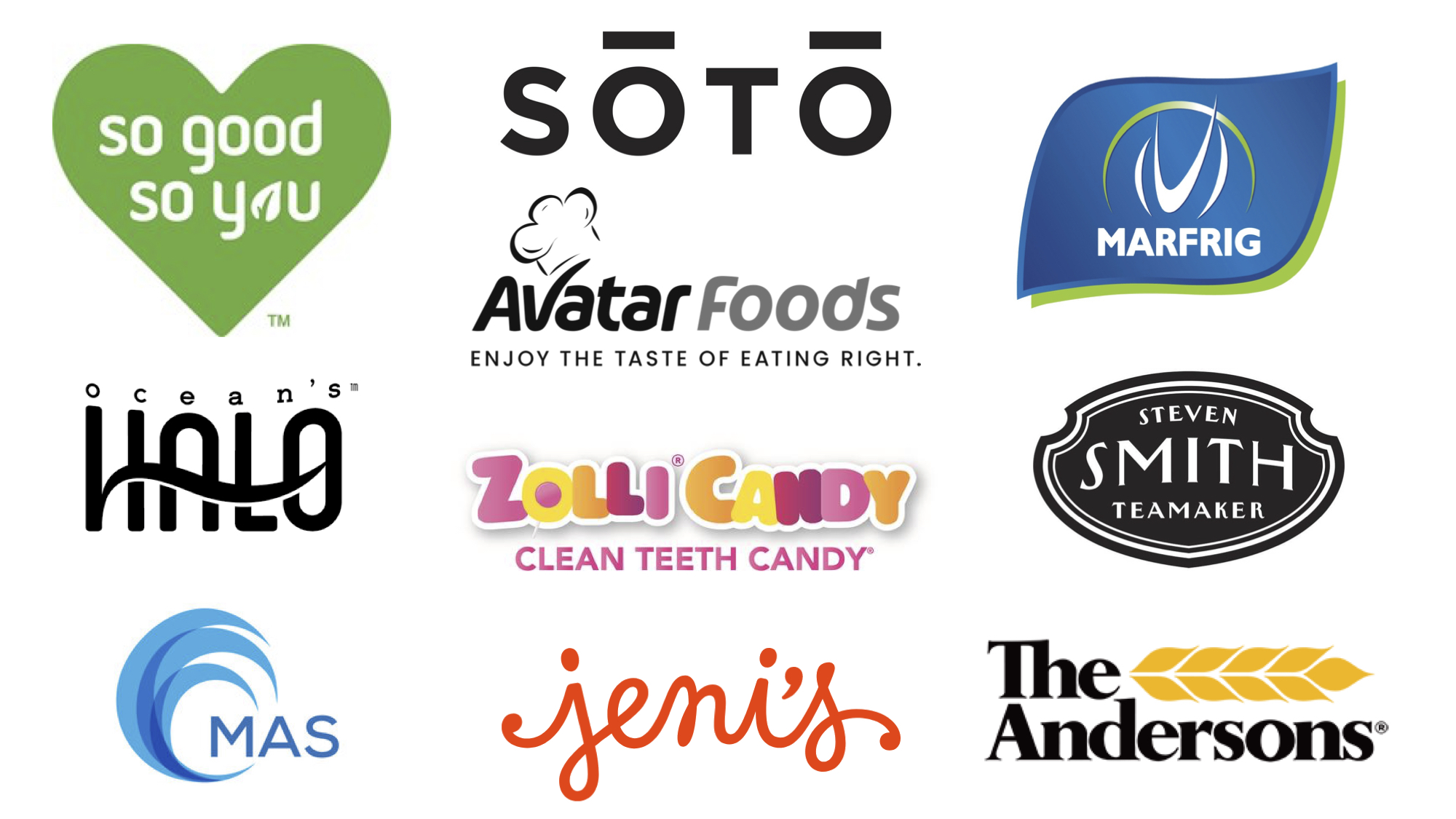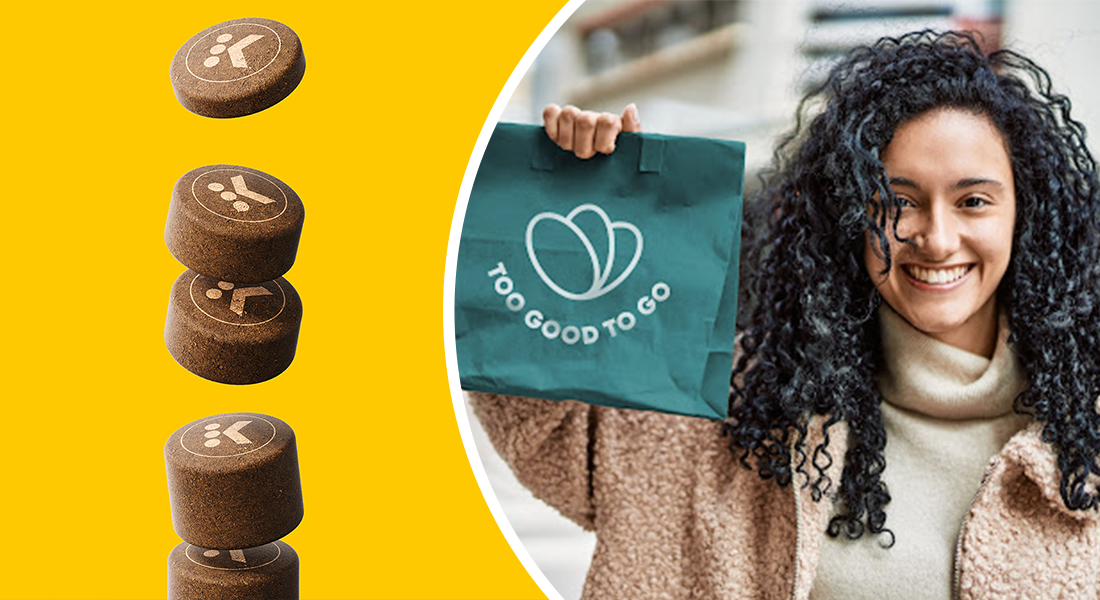Before COVID-19, food loss and waste were persistent challenges, but the pandemic has only exacerbated the problem. A vast amount of food that is lost or wasted occurs during production, transportation and within the household itself. But food packaging can play a major role in preserving the life of some food products, with many packaging manufacturers helping to address this issue.
However, food packaging presents challenges of its own in terms of ease of recyclability and waste creation. So how can food packaging manufacturers strike a balance between sustainability of materials and function to keep food fresh? Here’s how some food packaging producers are combining function with sustainability to reduce food and packaging waste.
Mondi
International food packaging solutions company Mondi has observed increasing consumer awareness for sustainable packaging and the desire to waste less food. Mondi collaborated with its customers — brands and retailers — to ensure it was asking the right questions to find the best possible packaging solutions that address the dual issues. It found several key factors to prioritize during product development: shelf life, product protection, portion control and food waste reduction. These factors, if done right in food packaging production, are particularly helpful for fresh fruits and vegetables, but can also be beneficial for meat, dairy and other refrigerated products.
To reduce the reliance on plastic packaging, Mondi turned to paper-based solutions. To meet customer requirements, it added additional functional barrier properties to its packaging that help extend the shelf life of its contents and avoid wasting high-value products. For example, Mondi’s “PerFORMing” packaging consists of a paper tray and fully removable plastic that can easily be separated from the tray. In this case, the plastic element provides essential functionality — such as shelf life extension and barrier properties — while the paper component can be fully recycled in existing European waste streams.
In determining which material is best for the application, Mondi generally takes this approach: paper where possible, plastic when useful. By reducing the number of raw materials used and developing packaging that is designed to be recycled, Mondi is working its way toward achieving more sustainable solutions, one step at a time.
Related Webinar: Mono PE Laminate’s Role in the Creation of a Circular Economy for Flexible Packaging
Constantia Flexibles
https://www.youtube.com/watch?v=SzwZTgeVZi4
As one of the world’s leading manufacturers of flexible packaging, Constantia Flexibles understands the essential role of packaging throughout the lifecycle of a food product. Flexible packaging, according to the company, “plays a minor part of a food product’s total environmental footprint, but a major role in the preservation.”
Like Mondi, Constantia prioritizes barrier protection and appropriate portioning to reduce the risk of food waste, which can save more resources than it consumes. However, unlike Mondi, the company puts much more emphasis on the recyclability of its products, pledging that 100 percent of its packaging will be recyclable by 2025. Constantia’s EcoLam packaging, for example, is made of 100 percent recyclable material that can be easily collected, identified and sorted in the recycling stream, with applications in dairy, confectionery and processed food.
Tetra Pak
Swedish-Swiss multinational food packaging company Tetra Pak offers a range of sustainable packaging solutions with an emphasis on the beverage sector. The company aims to create the world’s most sustainable packaging but understands that it must be safe and protect its contents. That’s why it has developed a range of packages to protect both the taste of the product and its nutritional value.
Since most food packaging has multiple elements made from different materials, sorting them in the proper recycling bins can be tough. To reduce waste, Tetra Pak developed beverage packaging in which the straw can be pushed back into the pack or the screw cap can be re-attached and all recycled in the same bin. The company is also increasing the renewable contents in its products by offering paper-based straws and sugarcane-based plastic caps.
Arekapak
Berlin, Germany-based Arekapak set out to eliminate the use of plastics altogether in its fruit and vegetable packaging. While traveling to India, the company’s co-founders observed how natural materials are traditionally processed and used in everyday life, sparking the idea for Arekapak. Made from the areca palm leaf, an untreated agricultural by-product, the company’s packaging is completely compostable and requires less water and energy for production.
Once gathered, the areca palm leaves are washed, soaked, dried in the sun and pressed into shape. Mostly used for produce, the company’s versatile packaging is stable, temperature-resistant and has a water-repellent surface, keeping its contents fresh from transportation to consumption. Free of additives and petroleum, Arekapak’s products are 100 percent natural and fairly produced. Not only is their packaging functional and sustainable, but it also boasts an aesthetic design, differentiating itself from the average plastic produce container.
Ecoshell
Mexican startup Ecoshell had a mission to create completely biodegradable food packaging products. To achieve this goal, the company experimented with various industrial waste products until landing on sugar cane and corn starch. Now, Ecoshell exports cutlery, bags, containers, trays, glasses, coffee cups and dishes that have a biodegradation time of 90 to 240 days without leaving any toxic residues in the environment.
Ecoshell’s wide range of products are not only a better alternative to single-use plastic food packaging, but have expansive uses throughout multiple sectors of the food and beverage industry. Restaurants with home delivery, local foodservice businesses and catering companies can all benefit from Ecoshell’s products, but its biodegradable disposables and bags can also be used within the home. Currently available in Mexico, Ecoshell is hoping to expand internationally in the coming years.
TIPA
What appears to be reels of plastic film are actually TIPA’s fully compostable laminate reels for food packaging. The Israeli startup manufactures bio-based packaging that decomposes in 180 days in compost conditions, but is also designed to decompose within a few years in landfills if thrown in the garbage. Available in transparent, metalized or tinted single-ply or multi-ply laminates, TIPA’s compostable film has a multitude of applications in the food industry and beyond.
The company’s plastic doppelganger can be used as ready-to-pack bags and pouches for fresh produce or flow-wrapped packaging for dry foods with the option of digital printing for customized brand messaging. According to TIPA’s website, its products offer “a packaging alternative that mimics perfectly the positive properties of a conventional plastic packaging such as moisture and oxygen barrier, shelf-life, lightweight design and flexibility, but with a built-in circular solution for its end-of-use.”
While completely sustainable and functional packaging solutions will take time to develop and implement at scale, these food packaging manufacturers are innovating for the future of food and environmental preservation.












Join or login to leave a comment
JOIN LOGIN